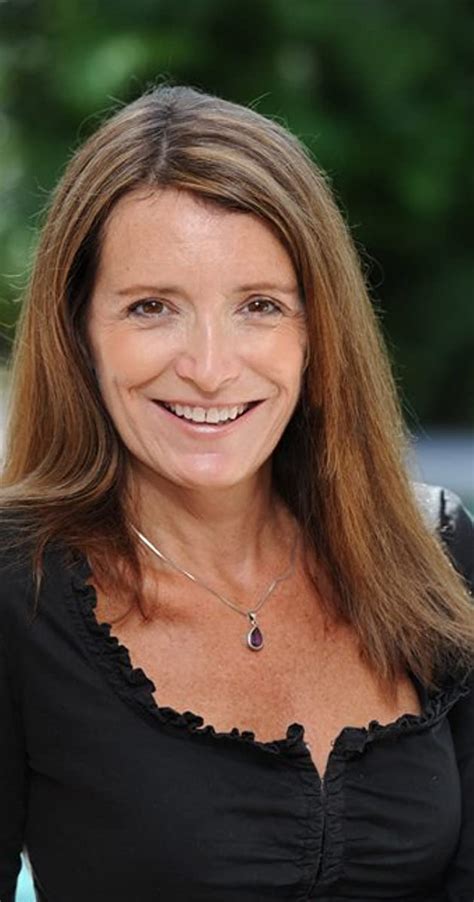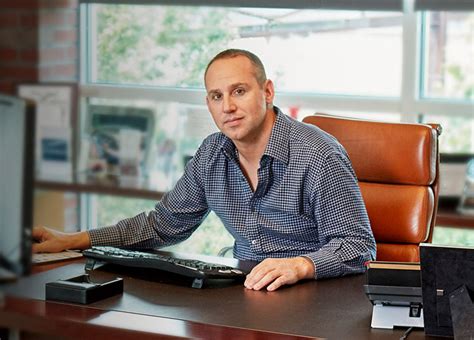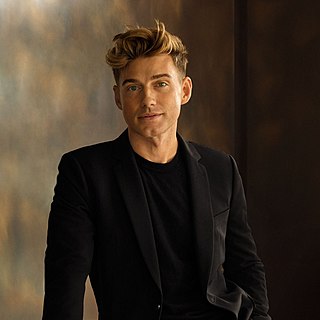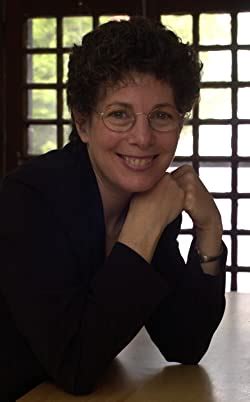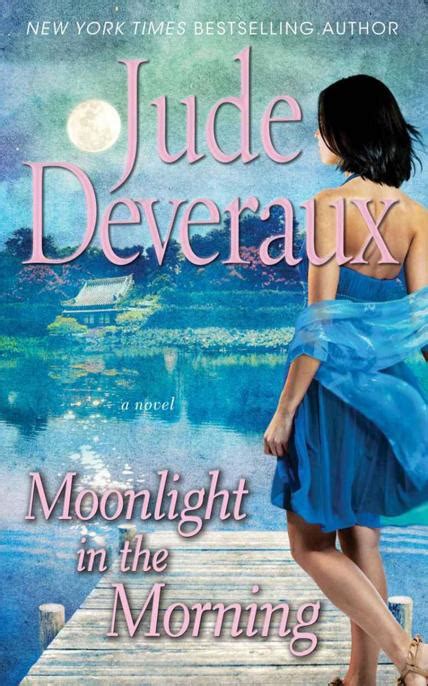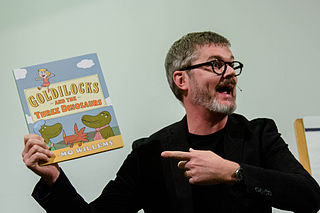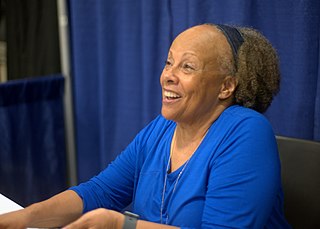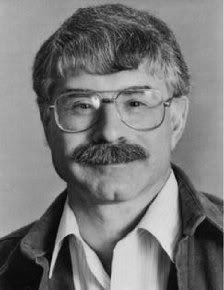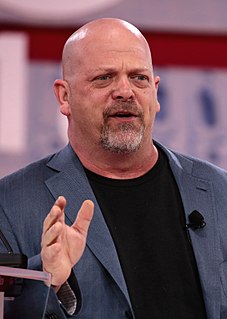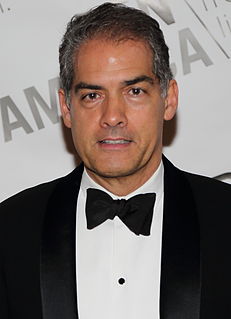Top 1200 Buying Books Quotes & Sayings - Page 5
Explore popular Buying Books quotes.
Last updated on April 20, 2025.
Books are special, books are the way we talk to generations that have not turned up yet. The fact that we can actually, essentially communicate with the people in ancient Egypt, people in Rome and Greece, people in ancient Britain, people in New York in the 1920s who can communicate to us and change the way we think, and change the things that we believe. I think that books are special. Books are sacred. And I think that when you are selling books, you have to remember that in all the profits and loss, in all of that, you are treading on sacred ground.
But what struck me was the book-madness of the place--books lay scattered across the unmade bed and the top of a battered-looking desk, books stood in knee-high piles on the floor, books were crammed sideways and right side up in a narrow bookcase that rose higher than my head and leaned dangerously from the wall, books sat in stacks on top of a dingy dresser. The closet door was propped open by a pile of books, and from beneath the bed a book stuck out beside the toe of a maroon slipper.
Every thing, even the so-called timesaving device and energy-efficient machine, comes these days with an elaborate set of instructions for its care and feeding. Buying a machine has become more and more like buying a pet. ... We are time-crunched. Not just by the number of things we have to do, but the number of things we have. In the late twentieth century, things have become our new dependents.
You also get a deduction in America for taking a night school course, growing sugarcane, moving to a new city for a job, replanting a forest, insulating the attic, destroying old farm equipment, employing Native Americans, commuting to work by bicycle - but only if the bike is regularly used for a substantial portion of travel - or buying a plug-in hybrid sports car, or buying a recreational vehicle. I mean there are hundreds of them, and most of them are nuts.
My daughter is seven, and some of the other second-grade parents complain that their children don't read for pleasure. When I visit their homes, the children's rooms are crammed with expensive books, but the parent's rooms are empty. Those children do not see their parents reading, as I did every day of my childhood. By contrast, when I walk into an apartment with books on the shelves, books on the bedside tables, books on the floor, and books on the toilet tank, then I know what I would see if I opened the door that says 'PRIVATE--GROWNUPS KEEP OUT': a child sprawled on the bed, reading.
Energy is under siege by the Obama administration, under absolute siege. The EPA, the Environmental Protection Agency, is killing these energy companies, and foreign companies are now coming in and buying our, buying so many of our different plants and then re-jiggering the plants so that they can take care of their oil. We are killing, absolutely killing our energy business in this country.
Books may not change our suffering, books may not protect us from evil, books may not tell us what is good or what is beautiful, and they will certainly not shield us from the common fate of the grave. But books grant us myriad possibilities: the possibility of change, the possibility of illumination.
I can't single out one of my books or characters as a favorite. In the same way that I don't have a favorite kidney, my books are organically all part of myself. I might even say that put all together, the books are one ongoing, developing story - which, not coincidentally, happens to be my own lifestory.
Possession of books denounced as heretical was made a criminal offense. Copies of such books were burned and destroyed. But in Upper Egypt, someone, possibly a monk from a nearby monastery of St Pachomius, took the banned books and hid them from destruction - in the jar where they remained buried for almost 1,600 years.
We think of prices as simply the notation of how much we must pay for things. But the price system accomplishes far more than that. Hundreds of millions of people buying and selling, and abstaining from buying and selling, generate a system of signals - prices to producers and consumers about relative scarcities and demand. Through this system, consumers can convey to producers their subjective priorities and entrepreneurs can invest accordingly.
I have earned wages as a waitress, a nanny, a librarian, a personnel officer, an agricultural laborer, an advertising secretary, a typesetter, a proofreader, a mental-health-care provider, a substitute teacher, and a book reviewer. In and around the edges of all those jobs I have written poems, stories, and books, books, books.
I have a lot of artifacts - books on witchcrafts and talismans. I have a big, big collection of original occult books from the 1800s and 1700s, and some of the oldest books on apparitions and vampires. All original printings. It's not that I'm a crazy believer, I just find it to be amazing research material.
A man's bookcase will tell you everything you'll ever need to know about him," my father had told me more than once. "A businessman has business books and a dream has novels and books of poetry. Most women like reading about love, and a true revolutionary will have books about the minutiae of overthrowing the oppressor. A person with no books is inconsequential in a modern setting, but a peasant that reads is a prince in waiting.
...Generally people don't recomend this type of book at all. It is far too interesting. Perhaps you have had other books recomended to you. Perhaps, even, you have been given books by friends, parents, teachers, then told that these books are the type you have to read. Those books are invariably described as "important"- which in my experience, pretty much means that they're boring. (words like meaningful and thoughtful are other good clues.)
Some day, as soon as a book is printed it will be simultaneously put into digital form. That will be a wonderful research tool, but it will never substitute for holding the book. I feel certain that at least within my lifetime, everyone will still be going to the bookstore and buying printed books. Thank God I'll die before I have to worry about whether the printed book itself will disappear. That's something I don't want to live to see.
Do you lend books and DVDs to people? If so, don't you always regret it? All my life I have forced books on to people who have subsequently forgotten all about it. Meanwhile, on my shelves sit many orphaned books loaned to me over the years by trusting, innocent souls - some as long ago as the Seventies.







